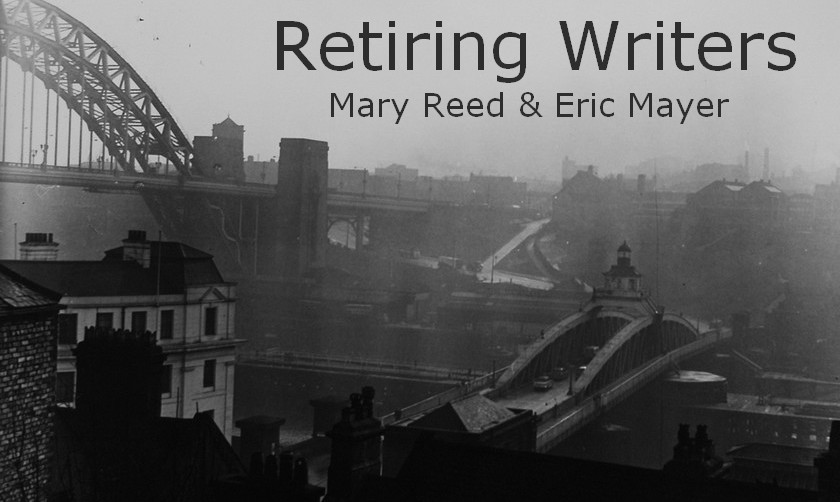Lucian Denzil is a young barrister who lives in Geneva Square, a cul-de-sac situated in Pimilico, an area of London devotees of older British comedies will recognise as the post-war setting of Passport to Pimilico.
In The Silent House Denzil's passport to mysterious happenings begins when he becomes interested in the titular dwelling at l3 Geneva Square. Empty for 20 years, it has a bad reputation because strange lights and noises have been seen there, plus it is in a neglected, run-down condition in contrast to the other houses in Geneva Square.
Naturally it causes a great deal of local gossip when number l3 is rented to Mark Berwin, a man usually seen in an intoxicated condition. Indeed, Denzil makes Berwin's acquaintanceship one extremely foggy November night by way of escorting him home, having found him the worse for drink and reeling disoriented about the square. Berwin goes out very little, has no visitors or servants in residence, and lives in a couple of rooms tastefully furnished with beautiful furniture.
Blinders, the bobby stationed at the entrance to the square, has seen shadows on Berwin's living room blind before observing Berwin coming home alone as usual. This adds to local talk of ghosts and hauntings at number l3. Then one evening Denzil meets Berwin coming into Geneva Square by its only entrance a few minutes after observing similar shadows. Berwin tells him he is mistaken and insists Denzil go all over the house to show there is no possibility of anyone being there.
Well, someone is there eventually because not long afterwards Berwin is found stabbed to death in his room on Christmas Day morning. Constable Blinders saw nobody (no jokes please) and having tried number l3's doors and windows as is the habit of British bobbies on the beat knows they were all locked the night before. Enter Gordon Link, the detective in charge of the case. Berwin is identified by Mrs Vrain as her husband, Mark Vrain, who left her some ten months before and whose whereabouts were hitherto unknown. Diana, Vrain's daughter by his first wife, is in Australia, but four months after her father's death returns to London to enlist Denzil's aid in convicting those responsible for her father's murder, for she believes her stepmother and the latter's former lover, the Italian Count Ferruci, are the culprits. But how to prove it? And how did they, or agents acting for them, get into and out of the locked house without being detected?
The reader is led down false trails with Denzil and Link as they repeatedly wind up in investigative cul de sacs, despite a number of convincing theories and promising clues pointing to one person or another. The cast list increases to include sharp-tongued servant Rhoda Stanley, venomous gossip Bella Tyler, Dr Jorce, who owns of a private asylum, and a mysterious lodger named Wrent who lives in the house behind number l3, among others.
My verdict: The Silent House features a complicated although slow paced plot, which rattles along well enough to maintain interest until what appears to be a somewhat unsatisfactory conclusion, for the crime is ultimately solved by confession -- but with a final twist I think will be unforeseen by most! The solution to the locked house puzzle, while pedestrian, fits the circumstances and characters to a T.
Etext: The Silent House by Fergus Hume.


